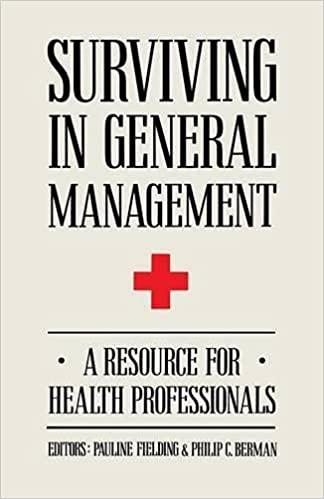Answered step by step
Verified Expert Solution
Question
1 Approved Answer
Suppose that in July 2013. Nike Inc. had sales of $25,313 million, EBITDA of $3.254 million, excess cash of $3,337 million, $1,390 million of debt

Step by Step Solution
There are 3 Steps involved in it
Step: 1

Get Instant Access to Expert-Tailored Solutions
See step-by-step solutions with expert insights and AI powered tools for academic success
Step: 2

Step: 3

Ace Your Homework with AI
Get the answers you need in no time with our AI-driven, step-by-step assistance
Get Started


